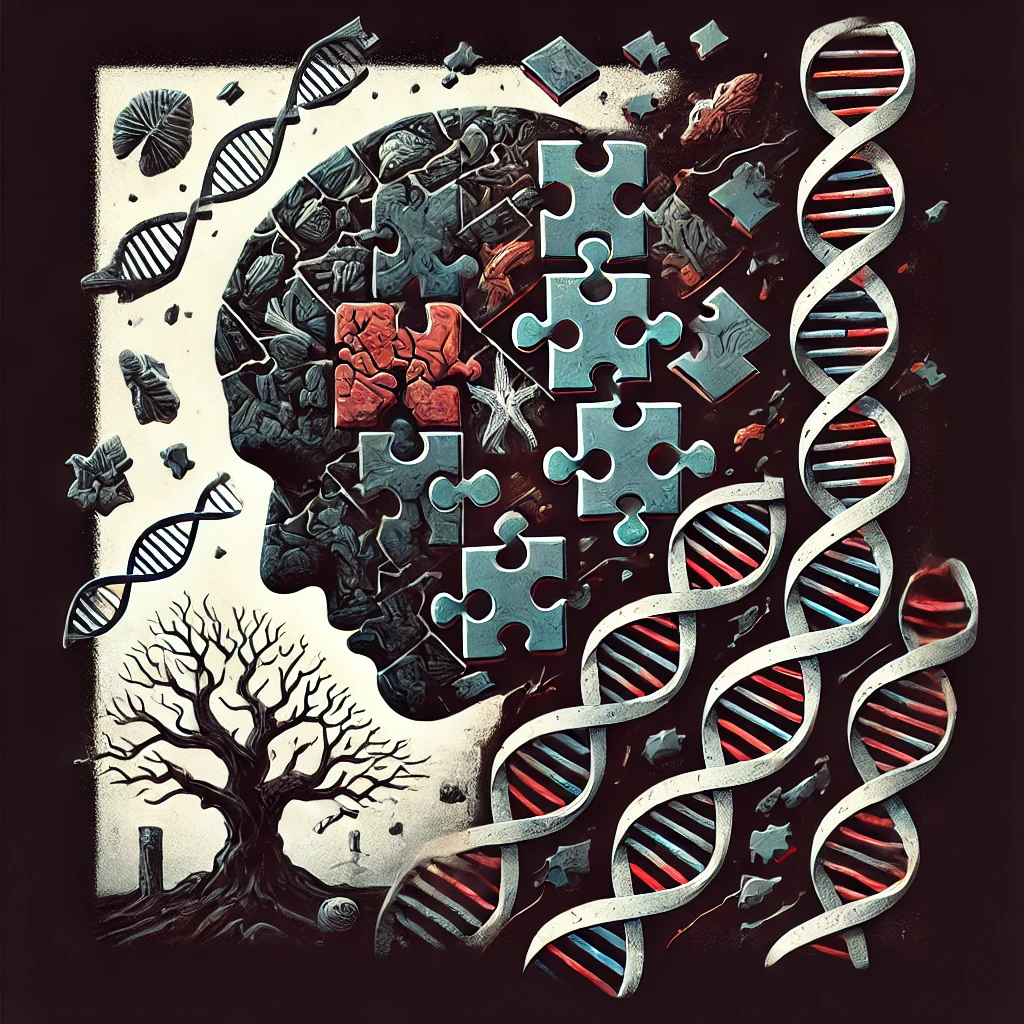Charles Darwin’s theory of evolution by natural selection is a cornerstone of modern biology, yet Darwin himself expressed significant doubts that are worth exploring. In particular, Darwin was concerned about the concept of irreducible complexity. He acknowledged that certain biological structures seem so intricate that they defy explanation through small, successive modifications. He famously stated, “If it could be demonstrated that any complex organ existed which could not possibly have been formed by numerous, successive, slight modifications, my theory would absolutely break down.”
Darwin was a naturalist, not a formally trained scientist. Educated primarily in theology, he approached the natural world from a perspective shaped by his studies and travels, rather than rigorous scientific training. This background may have influenced his hypotheses, and it’s well-documented that his personal views on God and creation shifted multiple times, suggesting a fluid belief system.
A significant aspect of Darwin’s theory is its falsifiability. Darwin predicted that if evolution were accurate, the fossil record should reveal numerous transitional forms demonstrating gradual adaptations. He wrote, “The number of intermediate varieties, which have formerly existed, must be truly enormous.” In essence, he expected future discoveries to validate his theory by revealing a plethora of fossils bridging one kind of life to another.
Yet, despite over 150 years of fossil research, the expected abundance of transitional fossils remains elusive. The fossil record often shows the sudden appearance of fully-formed species without clear evolutionary ancestors. This “Cambrian Explosion,” as it is known, presents a dilemma that Darwin himself acknowledged, noting, “To the question of why we do not find records of these vast primordial periods, I can give no satisfactory answer.”
Darwin’s concerns invite modern readers to re-evaluate the theory of evolution. While science has advanced tremendously since his time, the gaps Darwin identified still exist. His thoughts, expressed over a century ago, remain relevant as they highlight critical questions about the origins and development of life that have yet to be fully resolved. By examining Darwin’s ideas with scrutiny, we not only pay homage to his legacy but also engage with a debate that continues to shape our understanding of life’s origins today.





